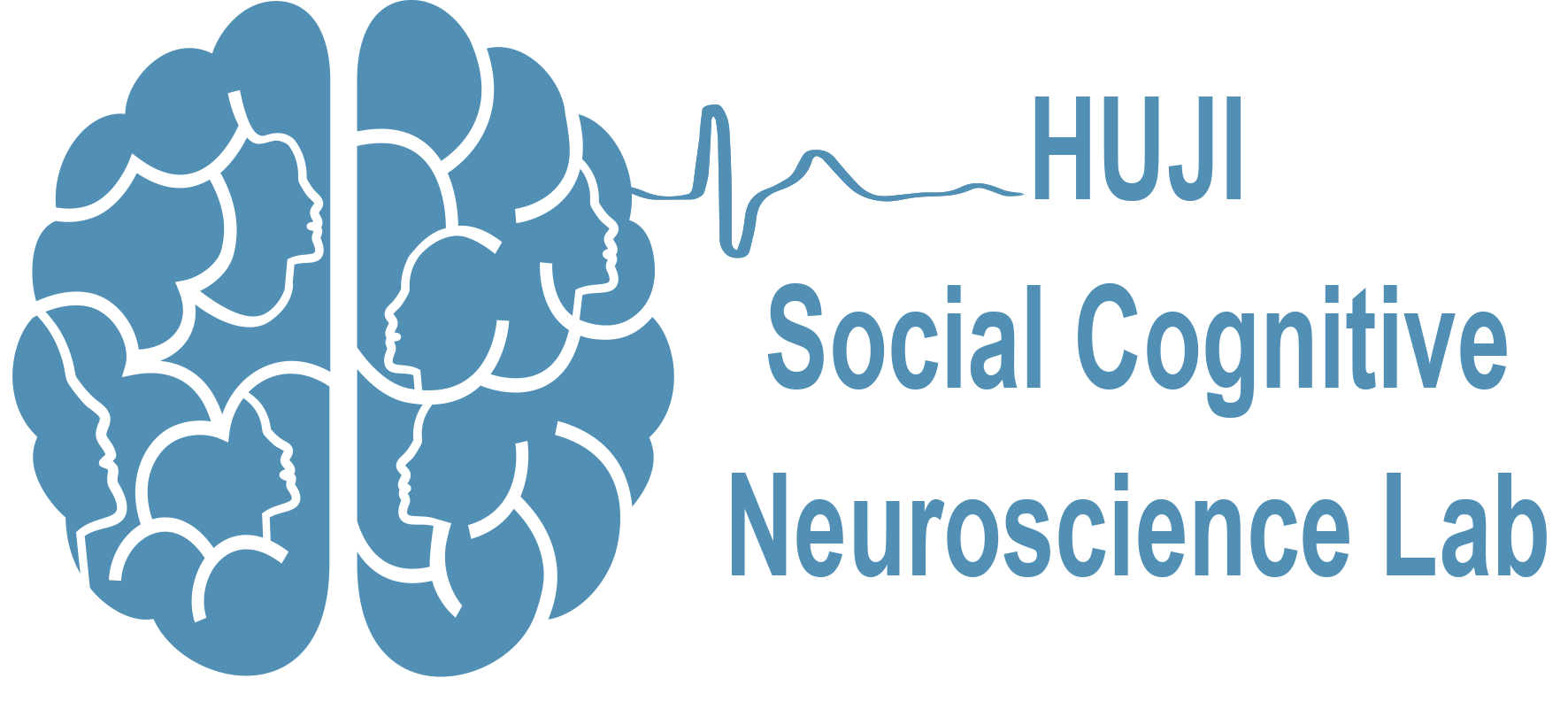Abstract:
Humans are highly social beings that interact with each other on a daily basis. In these complex interactions, we get along by being able to identify others’ actions and infer their intentions, thoughts and feelings. One of the major theories accounting for this critical ability assumes that the understanding of social signals is based on a primordial tendency to simulate observed actions by activating a mirror neuron system. If mirror neuron regions are important for action and emotion recognition, damage to regions in this network should lead to deficits in these domains. In the current behavioural and EEG study, we focused on the lateral prefrontal cortex including dorsal and ventral prefrontal cortex and utilized a series of task paradigms, each measuring a different aspect of recognizing others’ actions or emotions from body cues. We examined 17 patients with lesions including (n = 8) or not including (n = 9) the inferior frontal gyrus, a core mirror neuron system region, and com
Website

